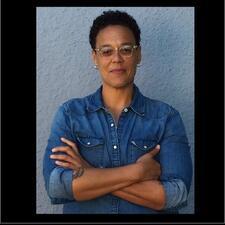
Ilana Kaufman

Joyce Jacobson Kaufman
Lyalya Kaufman
Lyalya Kaufman, the eldest daughter of Sholem Aleichem, is known for her writings in the Forverts, Tsukunft, and other Yiddish literary journals. Her intimate vignettes gained her thousands of loyal readers throughout the years.

Rhoda Kaufman
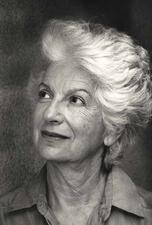
Shirley Kaufman
Shirley Kaufman’s poetry deals with family relationships, personal identity, aging and death, violence, and the meaning of Jewish fate. Moving to Israel later in life, she worked on many translations of Hebrew poetry and was noted for her series of poems about the suffering of women in the Bible, set in modern Israel.
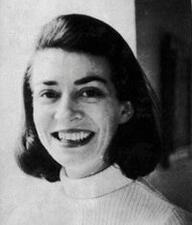
Sue Kaufman
Writer Sue Kaufman is best-known for her novel, Diary of a Mad Housewife (1967), which was made into a movie in 1970 with Carrie Snodgress in the title role. Her numerous books focus on observations of the upwardly mobile urban middle class in which she lived.
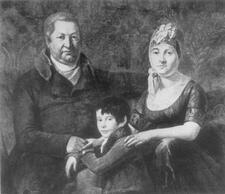
Chaile Raphael Kaulla
Chaile Raphael Kaulla was the most influential Jewish woman entrepreneur and one of the last Court Jews in eighteenth-century Germany. A devout Jew, Kaulla supported both Jewish and Christian poor people, founded a hostel for Jewish travelers, and in 1803 donated a bet midrash, library, and funding for three rabbis to her town of Hechingen. The Austrian Emperor honored Kaulla in 1807 and she and her family were allowed to live in Stuttgart with rights equal to those of Christian citizens.
Lillian Kasindorf Kavey
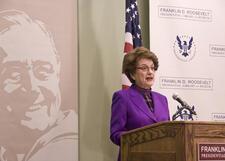
Judith S. Kaye
Judith S. Kaye was the first woman to serve as chief judge of the state of New York and chief judge of the Court of Appeals of the state of New York.
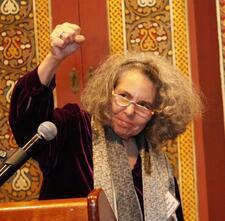
Melanie Kaye/Kantrowitz
Melanie Kaye/Kantrowitz (1945-2018) was a lesbian-feminist writer and editor. She made multiple theoretical contributions to understanding Judaism, lesbianism, and feminism as intersectional identities, extended an awareness of class and economic justice through a Jewish lens, and made visible racial differences within Jewish communities. She advocated Radical Diasporism as a progressive alternative to Zionism.
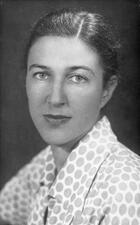
Nancy Florence Keesing
Nancy Keesing was an influential figure on the Australian literary scene, not only as an author, editor, and critic, but also as an advocate and administration. She wrote poetry and ensured the preservation of nineteenth-century Australian songs and rhymes.
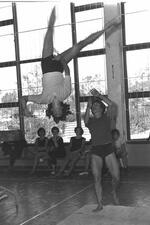
Agnes Keleti
In 1944, when the Germans invaded Hungary, gymnast Agnes Keleti bought fake identification papers and carried the bodies of the dead to mass graves during the battle of Budapest. After the war, she returned to gymnastics; her career highlight was the 1956 Olympics, where 35-year-old Keleti won many medals, including four gold for uneven parallel bars, balance beam, floor exercise and combined exercise-team.
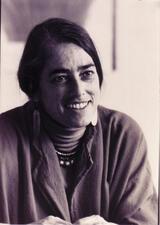
Evelyn Fox Keller
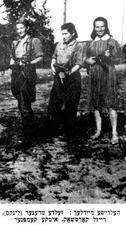
Vitka Kempner-Kovner
Vita Kempner-Kovner was a heroic fighter on the front lines of the underground resistance to the Nazis.
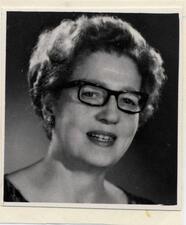
Lena Kenin
Lena Nemerovsky Kenin made major contributions to both gynecology and psychology with her successful medical practice and her groundbreaking work on postpartum depression.
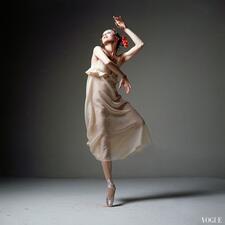
Allegra Kent

Shula Keshet
Shula Keshet is an Israeli Mizrahi feminist activist, an artist, and a curator. Her activism strives for justice for underprivileged women and men in Israel; as a Mizrahi feminist artist and curator, she has created several exhibitions.
Lillian Ruth Kessler
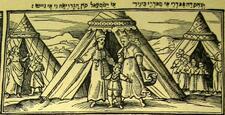
Keturah: Bible
The marriage of Abraham to Keturah represents a secondary union, one that separates the procreation of offspring from the inheritance of immovable property (land), which in this case goes only to Abraham’s primary heir, Isaac—not to Keturah’s six children.

Keturah: Midrash and Aggadah
Keturah was one of Abraham’s wives. The Rabbis describe her as a woman of virtue, for which she was worthy of being joined to Abraham.
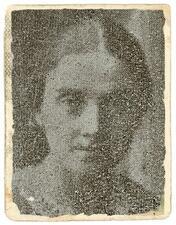
Helene Khatskels
As a member of the General Jewish Workers’ Bund, Helene Khatskels fought to realize socialist ideals about autonomy and liberation. As a Yiddish teacher and writer in Tsarist Russia and later the Soviet Union, she demonstrated a commitment to spreading and inspiring pride in Yiddish culture.
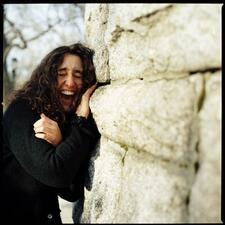
Loolwa Khazzoom
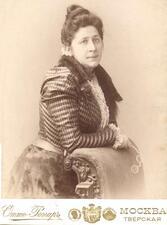
Rashel Mironovna Khin
Rashel Mironovna Khin hosted salons that made her the toast of Imperial Russia, and, with the help of the novelist Ivan Turgenev, became the first Jewish woman to publish major literary works in the Russian language. As an affluent member of the Jewish merchant class, she received a first-class European education and portrayed the anxieties of the Russian-Jewish elite in her fiction.
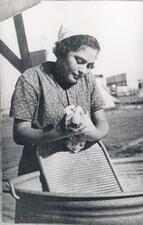
Kibbutz
Although the kibbutz was intended as an equalitarian, democratic utopia, attempts to achieve gender equality have been limited by traditional masculinities and male-controlled spheres and gender inequalities have persisted.

Kibbutz Ha-Dati Movement (1929-1948)
Beginning in 1929, the religious kibbutz (Kibbutz Ha-Dati) movement represented the confluence of progressive ideals of equality and collectivism and traditional customs of Judaism. As a result, women in the movement lived at a crossroads.


